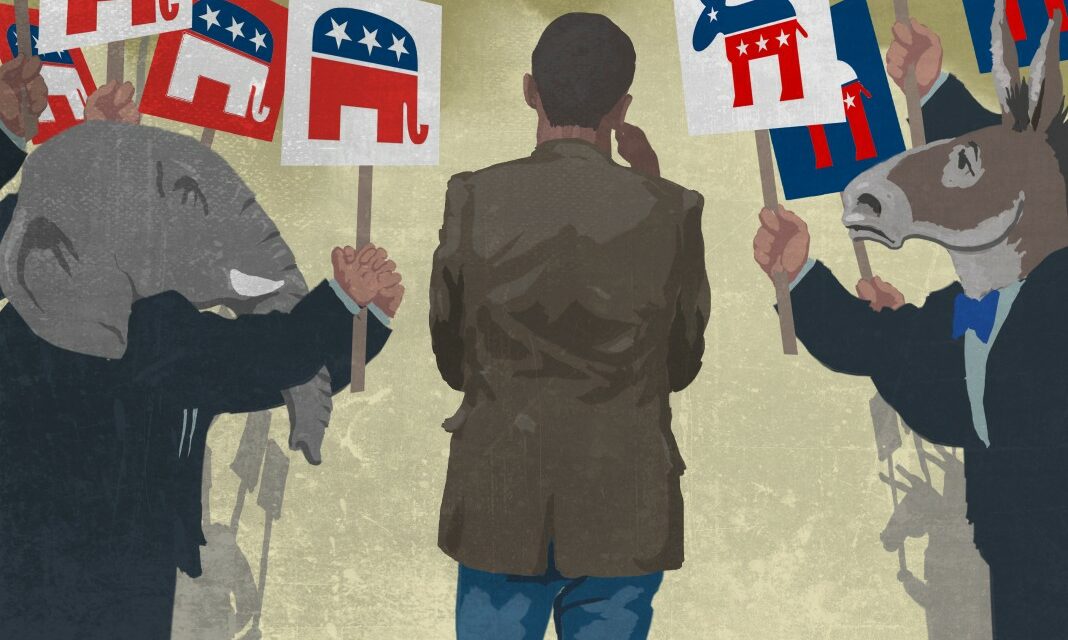This week is the last for early voting ahead of the primary on Tuesday. North Carolina holds semi-closed primaries. This means registered Republicans, Democrats and Libertarians must vote with their affiliated party, but unaffiliated voters may choose any ballot. Experts say those unaffiliated voters have become the largest group of voters in our state.
Since 2010, the unaffiliated voter population in North Carolina has grown by more than one million according to Carolina Demography. Orange County has one of the largest percentages of unaffiliated voters with nearly 43,000 of its 108,000 voters registered as unaffiliated.
Michael Bitzer is a professor at Catawba College and a North Carolina elections expert. He said the trend in registering unaffiliated has been driven by voters under the age of 40 with 47 percent of Gen-Z voters registered unaffiliated.
“I think that this is going to be the continuation of generational replacement,” Bitzer said. “That kind of tectonic dynamics that’s going to make North Carolina politics continue into the future, a very interesting state.”
And Bitzer said this rise of unaffiliated voters is not just unique to North Carolina.
“This is definitely a national trend that’s happening here in North Carolina,” Bitzer said. “This is a trend that is being driven by younger voters. It’s happening across the country. Statewide, we’ve been watching the democratic percentage slip, we’ve been watching the unaffiliated percentage rise considerably, and registered Republicans have generally tended to hold about even in terms of the past.”
Bitzer said younger voters tend to stray from labels in partisanship, but their voting patterns are similar to other Americans. They still tend to lean toward one party and vote as much for that party as those who do identify partisan.
Even though there are more unaffiliated voters in North Carolina than Republican or Democrats, Bitzer said that doesn’t mean their voter turnout is better.
“They tend to have the lowest voter turnout of the three partisan affiliations,” Bitzer said. “In 2020, registered Republicans had over 80% turnout, registered Democrats were at the state average, 75%, [and] unaffiliated were significantly below into the mid 60s.”
Bitzer said more research needs to be done about whether unaffiliated voters in North Carolina are favoring one party more than the other.
“Some indications tend to be that they do favor Republican candidates and those policies over Democrats, but that that is a very small advantage,” Bitzer said. “I think that’s what keeps North Carolina so competitive. We are a purple state, but there is a very slight red tint to it.”
Early voting for the primaries ends Saturday afternoon. This is also the last opportunity to same-day register or change party affiliation ahead of Election Day on Tuesday, May 17.
Featured Photo via U.S. Department of State
Chapelboro.com does not charge subscription fees, and you can directly support our efforts in local journalism here. Want more of what you see on Chapelboro? Let us bring free local news and community information to you by signing up for our biweekly newsletter.
Related Stories
‹
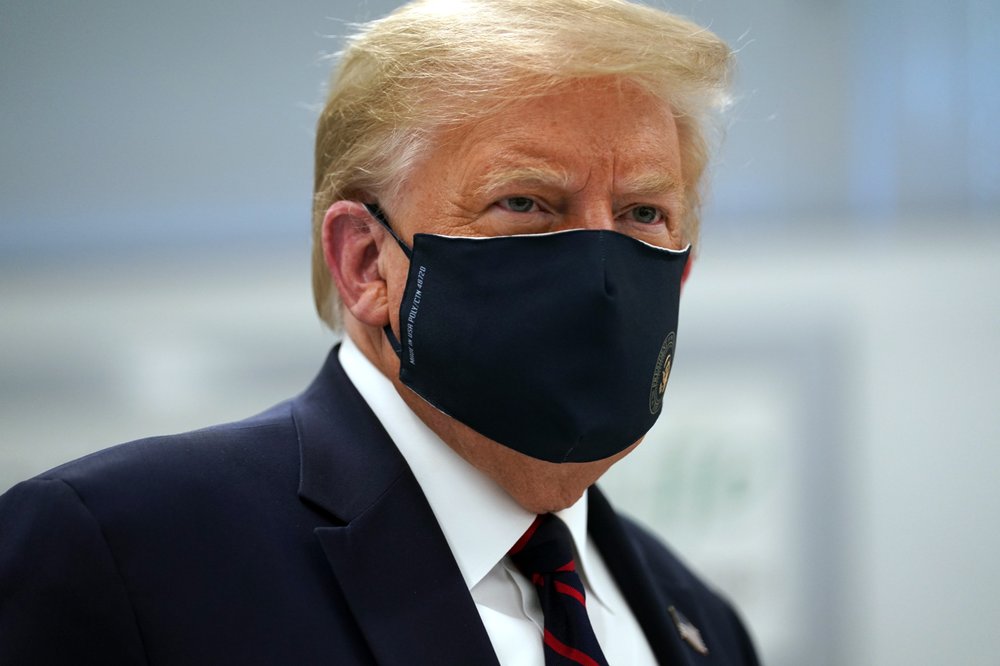
'A Battle Between Party and Pandemic': UNC Political Scientist Discusses the Bipartisan DivideThroughout the pandemic, Americans have changed their behavior in ways that would have been unthinkable even a few months ago. Masks are an essential accessory. Social distancing is the norm. And even as states moved to reopen their economies in May and June, many Americans continued to think it was better for people to stay […]
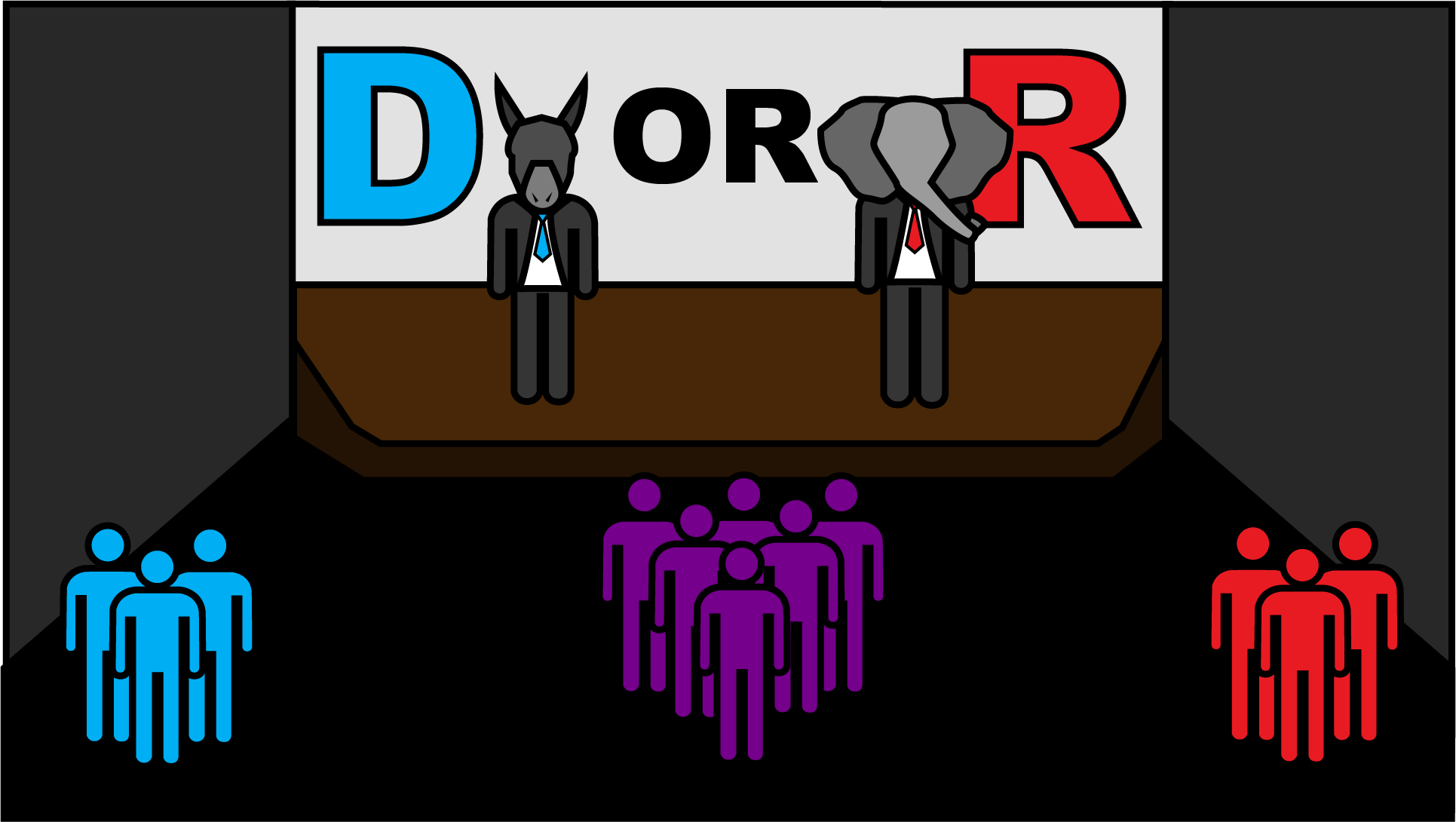
Imperfect Political Parties Drive Youth Voters to Register UnaffiliatedHalf of youth voters identify as independent in North Carolina, leading to questions about why they do and how to best reach them.
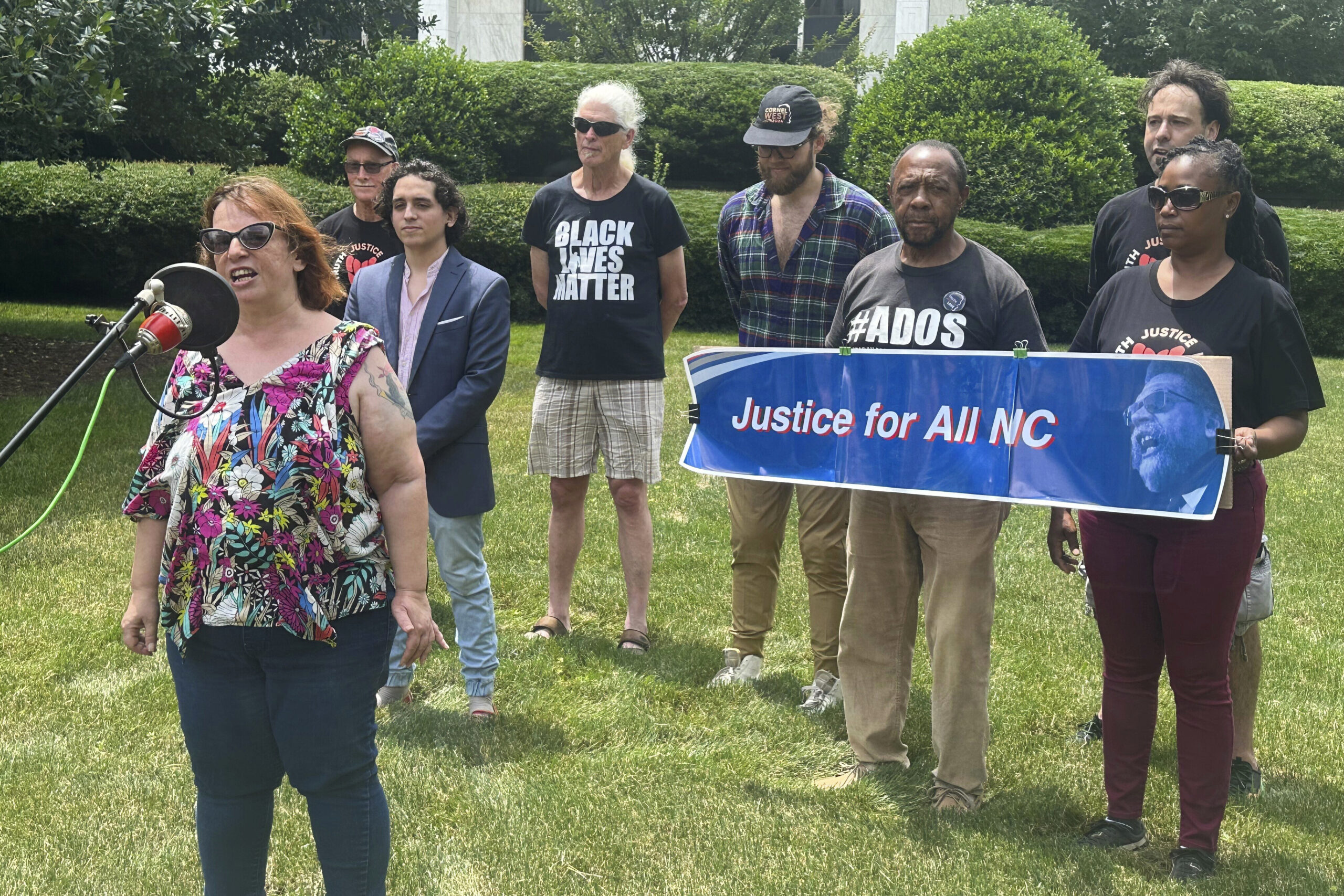
More Presidential Candidates Could Be on North Carolina Ballot With Signature DrivesThree political movements seeking to run presidential candidates in North Carolina filed voter signature lists before Monday's deadline.
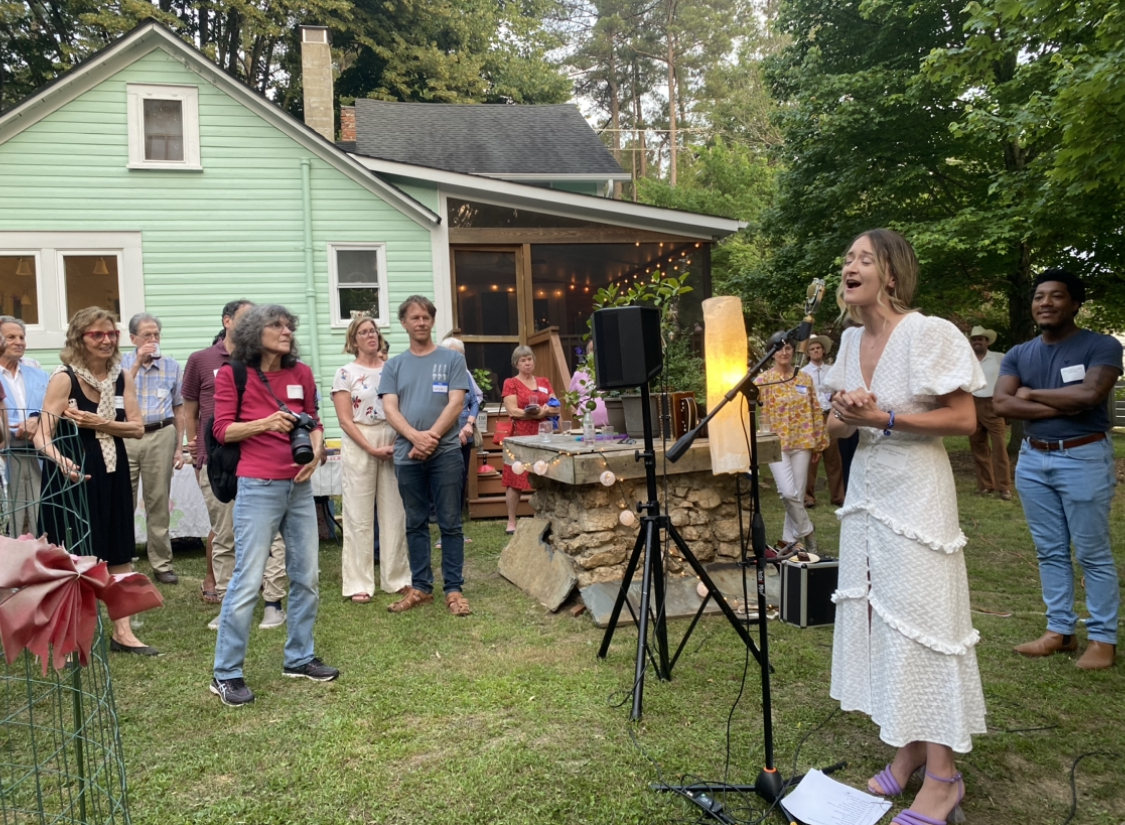
'Party of Resistance'; Carrboro Hosts New NC Democratic LeadersLast weekend, Carrboro played host to NC Democratic Party leaders as they introduced themselves to the local community.
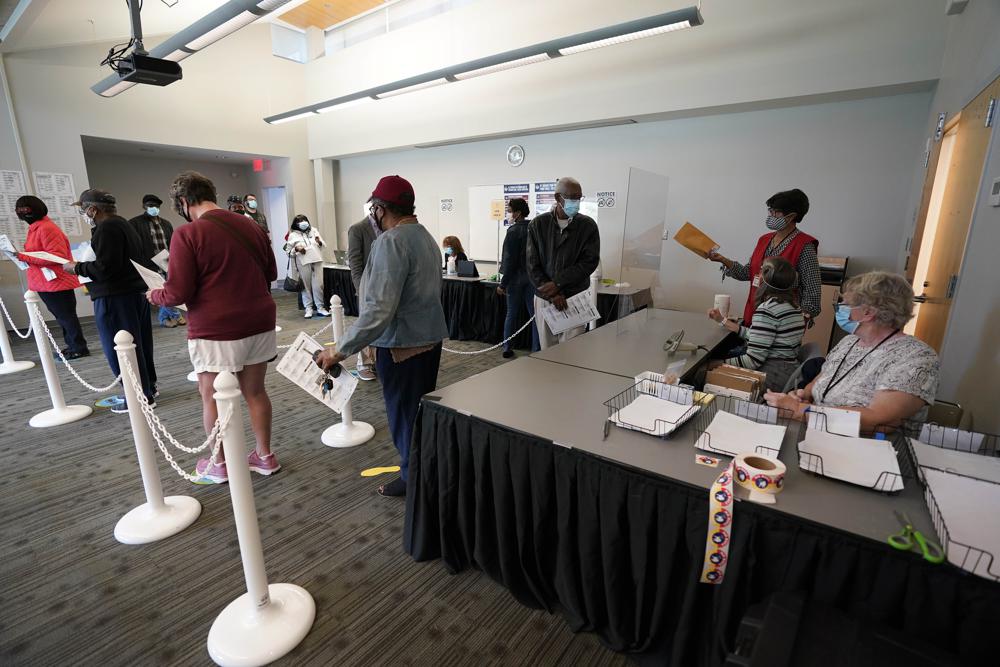
North Carolina Tightens Rules for Partisan Poll WatchersWritten by HANNAH SCHOENBAUM After receiving more than a dozen reports of conduct violations by party-appointed poll watchers during the May primaries in North Carolina, the state elections board tightened regulations for precinct observers Tuesday to prevent partisan interference in the November general election. The board unanimously voted to approve temporary rules for the upcoming […]
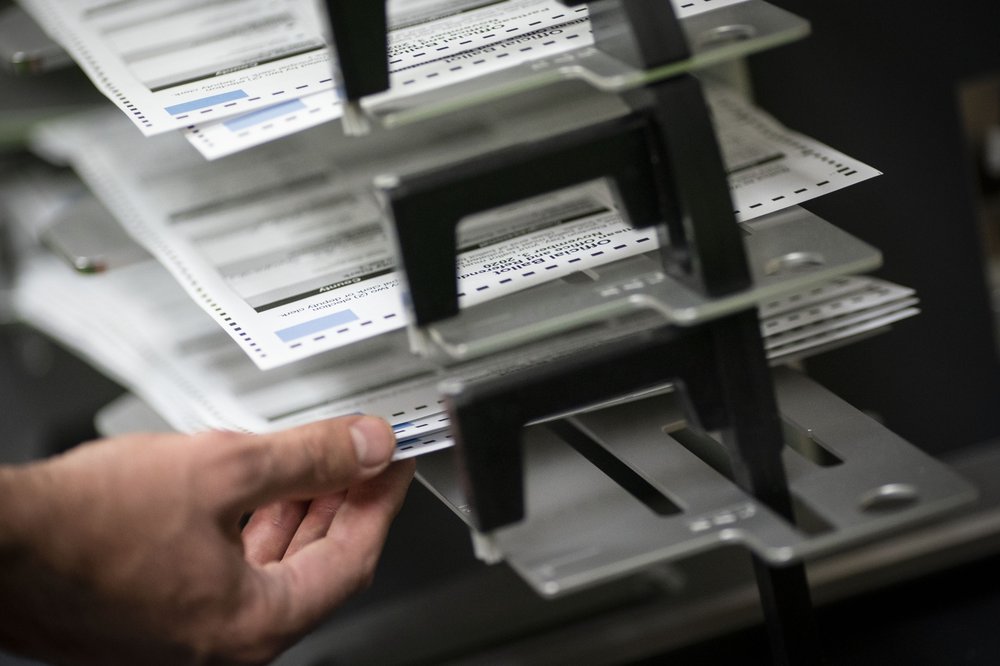
NC Board Certifies Results of May 17 ElectionsMandated audits of last month’s North Carolina statewide primary and municipal elections showed machine counts were extremely accurate, state elections officials said.
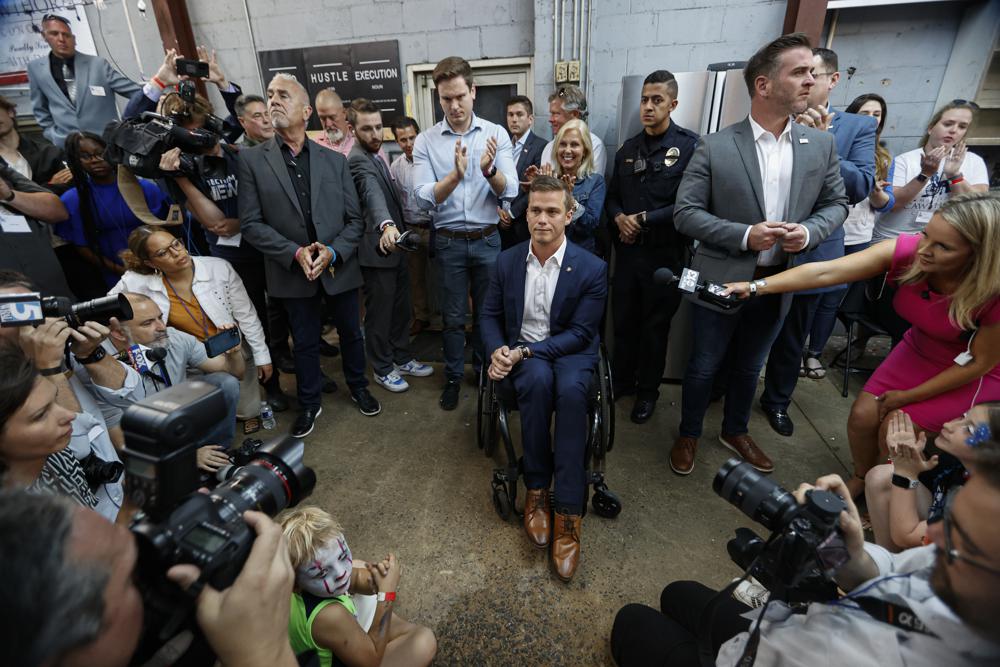
Takeaways: Election Denier Wins, Bad Behavior Dooms CawthornWritten by JILL COLVIN and NICHOLAS RICCARDI In the Pennsylvania governor’s race, a candidate who has spread lies about the 2020 vote count won the Republican nomination, putting an election denier within striking distance of running a presidential battleground state in 2024. Meanwhile, former President Donald Trump’s support was enough to elevate his Senate candidate to […]
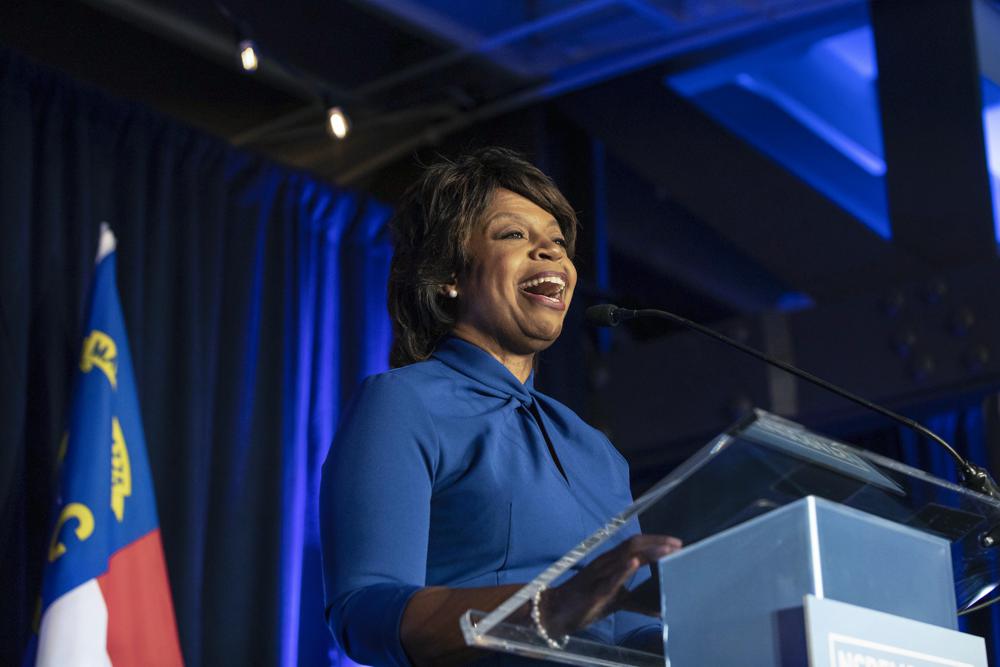
Beasley, Budd Win as NC Voters Pare Down Primary CandidatesWritten by GARY D. ROBERTSON U.S. Rep. Ted Budd and former state Supreme Court Chief Justice Cheri Beasley won their respective Senate primaries on Tuesday, setting up a fall election matchup that should again test former President Donald Trump’s influence in North Carolina. Budd won the 14-candidate Republican primary over former Gov. Pat McCrory and […]
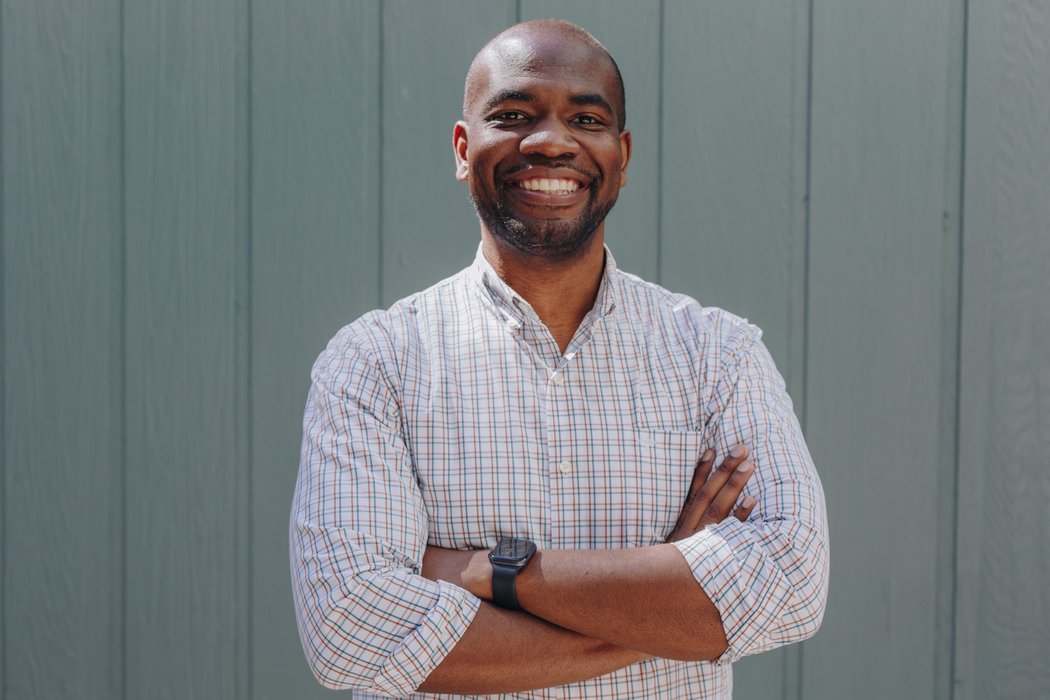
Buansi Wins District 56; Will Represent Chapel Hill, Carrboro in NC HouseThe closest local election in Orange County on Tuesday was the race for North Carolina District 56, with Allen Buansi being elected by a margin of 435 votes. Buansi held 7,653 total votes after 100 percent of the precincts reported, edging out Jonah Garson who earned 7,218 total votes. Buansi previously served in the Chapel […]
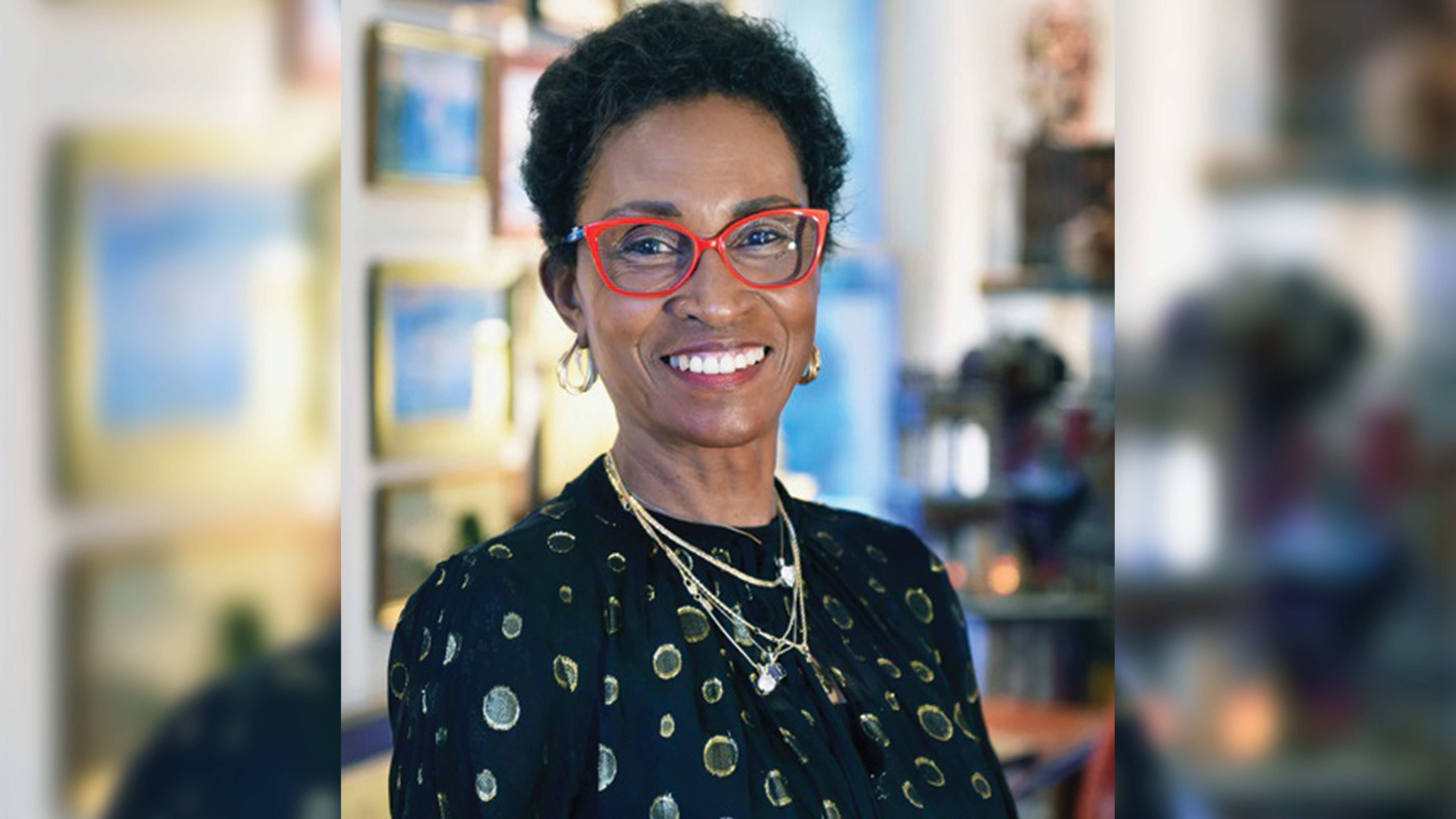
Renée Price Earns Nomination to NC House District 50 in Orange, Caswell CountiesCurrent Orange County Commissioner Renée Price is the Democratic nomination to represent Orange and Caswell Counties in the North Carolina House of Representatives. “It is a wonderful day,” Price told Chapelboro after gaining the Democratic nomination. Price said a lot of the issues from her primary campaign will carry over into her general election campaign […]
›

